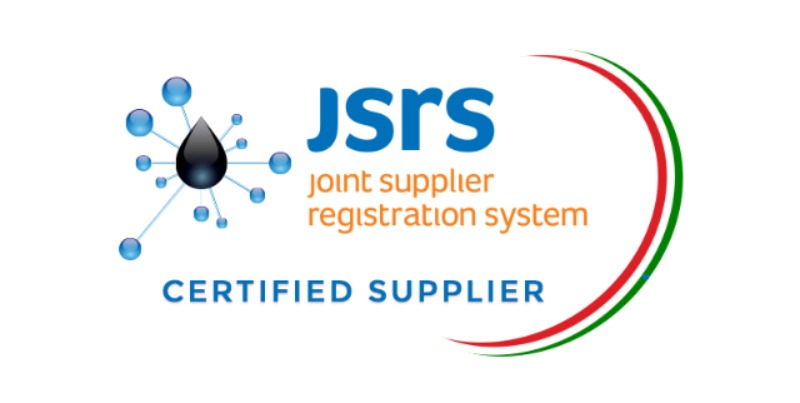- July 9, 2024
- Posted by: Murooj Al Alia
- Category: Uncategorized
mastering M&A with strategic data management
Board governance is an essential structure for companies to succeed. It combines tried-and-true principles with best practices that enable boards to manage complexity and elevate their organizations to the next level.
A clear set of guidelines sets the direction for a company as well as oversees compliance and offers experts to manage risk. It also sets the tone for corporate ethics and accountability. With so many things on the line it’s a lot of work and collaboration. We’ve put together the top guidelines for board governance to build ethical, dependable and efficient organizations.
Identify a strategic agenda for the future
One of the most important things a well-run board does is set an ambitious agenda for the future. This gives directors a goal and ensures that their time is spent on the most important things for the organization. This could include establishing the leadership program needed to prepare the next generation of board members.
Create a Culture of Accountability
The best boards are known for having high standards of ethical and legal compliance. This includes a strict code of conduct, a policy regarding whistleblowing as well as a policy on conflicts of interests. Boards must be clear about their policies and ensure that all employees are aware of their obligations.
Avoid Micromanaging
The most efficient boards are those that have oversight but don’t be involved in the day-today management of operations and staff. This allows the executive management to concentrate on strategic issues. The board can better serve its members by staying clear of micromanagement.




